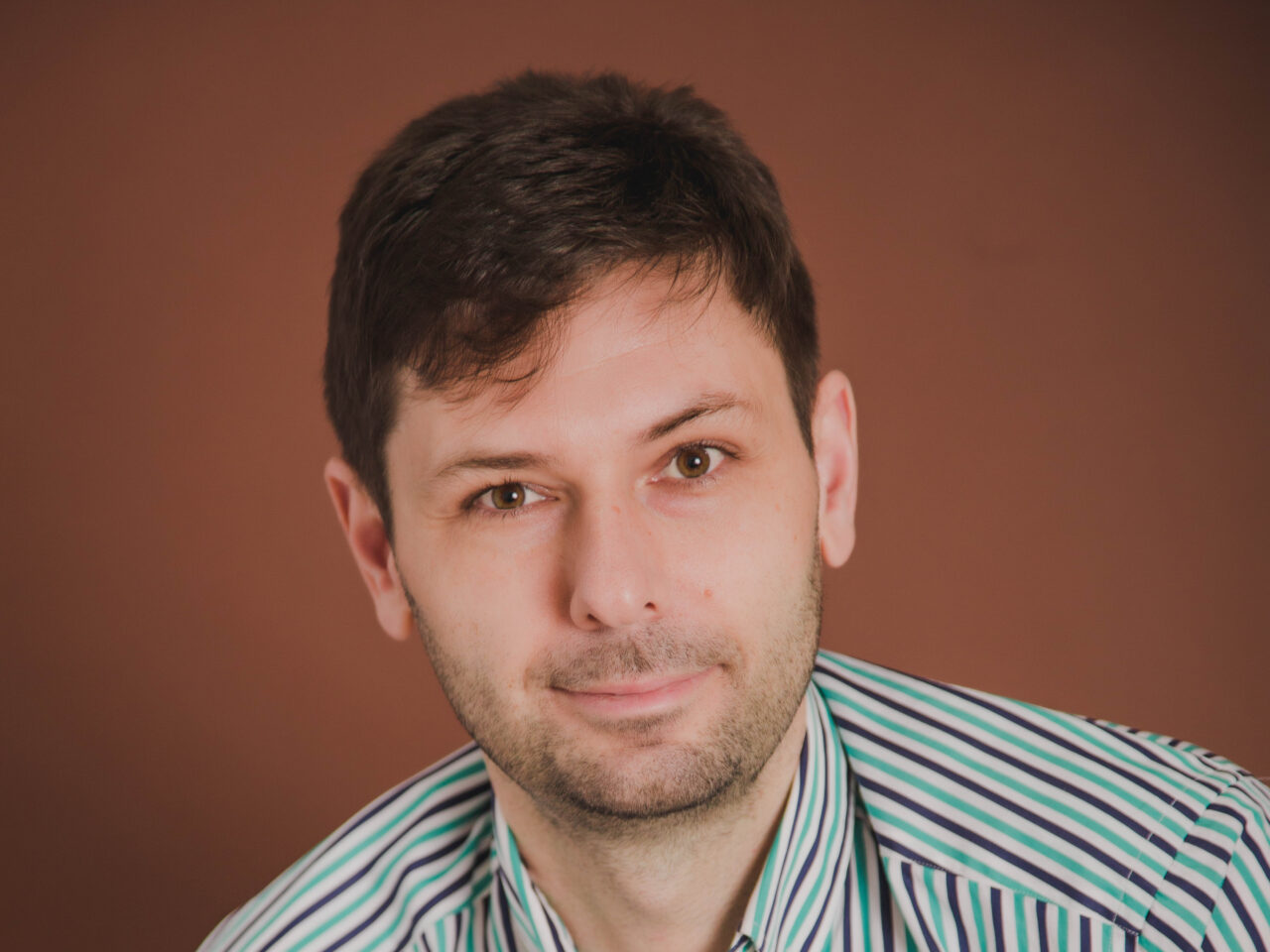
Fear of Recurrence – source of cancer return? – a psycho-oncological perspective from Adrian Pogacian
Fear of Recurrence – source of cancer return?
Fear is one of the first emotions experienced by a person; moreover, emotions are the critical moments of our mental life: they shape our attitude, strategies, and tell us how to react. The emotional reaction we understand as fear is caused by a sense of danger, whether we are talking about the present or the future.
Fear is something primordial; it has a history, a culture, and ultimately a purpose. We have witnessed remarkable advances in oncology during the last decade in terms of technologies and treatment management. In spite of this notable progress, patients still face emotional and physical distress regarding cancer. Consequently, Fear of Recurrence becomes something natural and obvious. Additionally, it remains one of the unmet needs reported by cancer patients.
Fear of Recurrence is a broad concept, marked by a repeated focus of emotion on latent cancer-related symptoms; therefore, it has been defined by policymakers and patient advocates as the fear, worry, or concern relating to the possibility that cancer will come back or progress. Nowadays, this concept is a multidimensional construct with two main objectives: first, to develop models of care to provide greater access to Fear of Cancer Recurrence (FCR) treatment, and second, to evaluate the effectiveness of FCR interventions in the real world.
Why should the medical care team be aware of FCR? Even though no consensus has been identified regarding clinical trials and FCR, the reality shows that health literacy, including a patient’s incomplete understanding of their diagnosis, has also been associated with higher FCR, while satisfaction with provided information, symptom management, and coordination of care have been associated with reductions in FCR.
Nevertheless, there is no scientific or medical way to determine who will worry about recurrence and who will not. In this case, it doesn’t matter how old you are, which type of cancer you have or had, or even if you are a survivor or not; all that counts is understanding that this emotional reaction to oncological disease might appear when you least expect it.
To conclude, what is truly important is your attitude toward cancer, which reflects your attitude toward life in general and how you handle daily stress without losing your hope.
by Adrian Pogacian.
Clinical Psychologist with focus in Psycho-Oncology
Other posts featuring Adrian Pogacian.
Adrian Pogacian, MS Psychology, licensed clinical psychologist with executive education in Psycho-oncology, considerable time active in the field of Health Security, holding a degree in Global Health Diplomacy from Geneva Graduate Institute.
Currently, an advocate of Psycho-education in the field of oncology, researcher and associate lecturer with focus on Communication in Cancer Care, Coping with Cancer and Fear of Recurrence, working with young people and their caregivers on self-blame and disease acceptance.
Additionally, co-author of the first Romanian Pediatric Oncology and Hematology Guide Book, Founder of INCKA Psycho-oncology Center, ESO (European School of Oncology) Podcast contributor, Writer and Host Content in Psycho-oncology and Beyond the Cancer Diagnosis Interview Series at OncoDaily, IPOS Fear of Cancer Recurrence Special Interest Group (FORwards) member and IPOS Early Career Professionals in Psycho-Oncology board member.
-
Challenging the Status Quo in Colorectal Cancer 2024
December 6-8, 2024
-
ESMO 2024 Congress
September 13-17, 2024
-
ASCO Annual Meeting
May 30 - June 4, 2024
-
Yvonne Award 2024
May 31, 2024
-
OncoThon 2024, Online
Feb. 15, 2024
-
Global Summit on War & Cancer 2023, Online
Dec. 14-16, 2023
